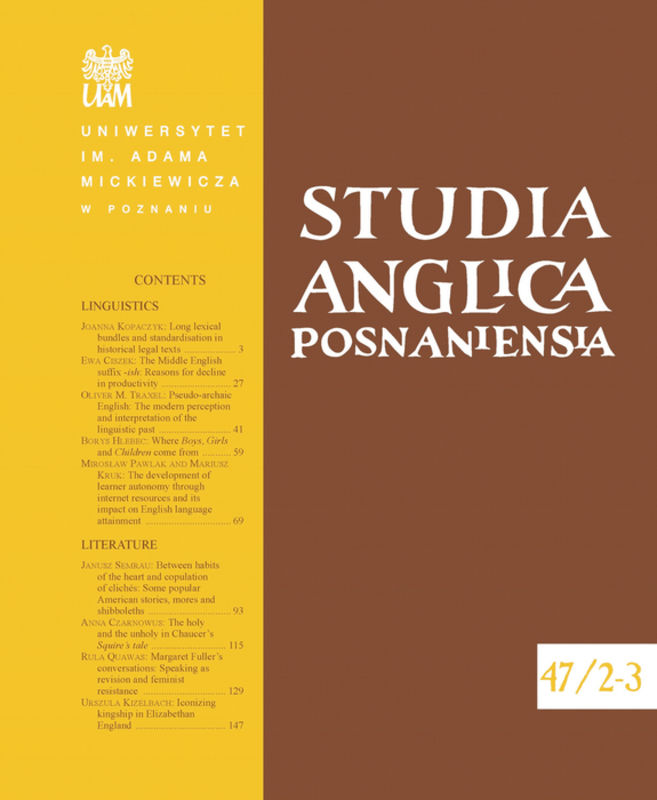An Exploration of the Impact of Bilingualism on Mobility, Employability, and Intercultural Competence: The Colombian Case
An Exploration of the Impact of Bilingualism on Mobility, Employability, and Intercultural Competence: The Colombian Case
Author(s): PATRICIA ARNAIZ-CASTRO, Mª ELENA GÓMEZ-PARRA, ROBERTO ESPEJO-MOHEDANOSubject(s): Sociolinguistics
Published by: Uniwersytet Adama Mickiewicza
Keywords: Bilingualism; mobility; employability; intercultural competence; Colombia;
Summary/Abstract: Research on bilingual education has looked mainly at the benefits bilingual programs offer learners with regard to cognition, education, and language. Fewer studies have explored the effect of bilingualism on mobility, employability, and intercultural competence, and even fewer have centered on these three dimensions at once. Considering the wide range of skills required to be a 21st-century global citizen, it is crucial to achieve a more balanced portrait of bilingualism. This study, part of a large-scale research project, seeks to contribute to expanding the body of research that examines mobility, employability, and intercultural competence together. A total of 417 participants living in Colombia filled out an online fourteen-item questionnaire and a background questionnaire designed by the members of the research project EDU2017-84800-R. Spearman correlations were computed between the three dimensions and a strong interrelation was revealedamong the three of them. Data were analysed in terms of the differences between former bilingual education learners and mainstream learners as well as across gender. Statistical analyses revealed a strong interrelation among the three dimensions and higher scores for former bilinguals in all three dimensions. No differences across gender were identified. The findings support the crucial role of bilingual education in fostering the development of these three aspects in students’ perception. The originality of the study lies in the fact that the study has former bilingual education learners as participants instead of students who were in receipt of bilingual education at the time of completing the questionnaire, which had usually been the case in previous studies.
Journal: Studia Anglica Posnaniensia
- Issue Year: 57/2022
- Issue No: 1
- Page Range: 179-197
- Page Count: 19
- Language: English

